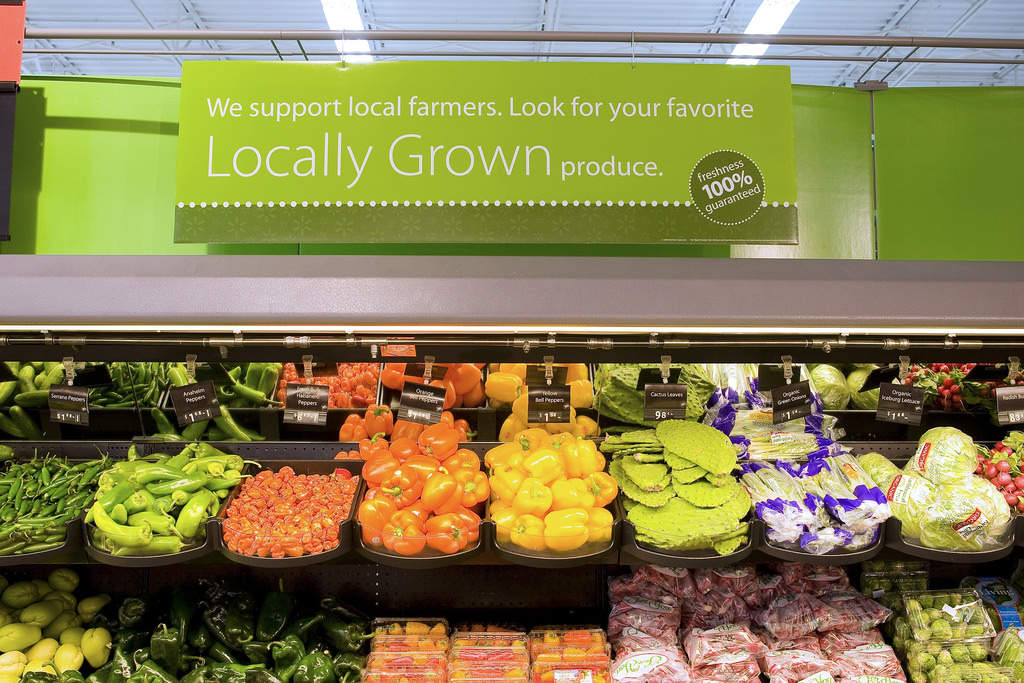
Perhaps Mainers passed this one in memory of Independence Day.
On June 20, Maine Gov. Paul LePage signed into law LD 725, entitled, “An Act to Recognize Local Control Regarding Food Systems,” also known as the Food Sovereignty Act.
The bill would allow localities to set their own standards for locally grown and sold foods, thus eliminating the state licensing and food inspection shakedowns. The act provides relief to many local growers and consumers, and serves as a powerful catalyst for the question on the minds of many people who believe in peace and freedom: Why can’t the big-sphere politicians stay out of more local matters?
Julia Bayly, writing for the Bangor Daily News, summed up the position of many local food growers and buyers with this:
Supporters of food sovereignty want local food producers to be exempt from state licensing and inspections governing the selling of food as long as the transactions are between the producers and the customers for home consumption or when the food is sold and consumed at community events such as church suppers.
Not bad. A state legislature passes a bill to allow more freedom of contract, and for consumer choice and business reputation to push good sellers to the top, as long as localities don’t pass their own onerous regulations and licensing scams. And if the localities do, other localities and their residents will prosper when people flock to them as alternatives. Pretty close to a market-based system. It’s not quite free, but closer than the one-size-fits-all approach most big government legislatures prescribe.
The primary sponsor of the Food Sovereignty Act is Sen. Troy Jackson (D - Allagash) who, though not as toweringly statist as many others in the Maine senate, has also lent his support to an increase in the state-mandated minimum wage, and a bill requiring radiation warnings on cell phones (which ended up failing, btw), among other state commands over private interaction.
He said about his bill:
“This is definitely a big deal… This is going to allow small producers to become more engaged in the market and free enterprise.”
Ahh, yes. If only politicians were consistent. When it comes to en vogue baby-boomer practices like buying “locally sourced” greens, it’s all about “economic development” and “social wealth for rural communities.” But such platitudes are left fallow in the field of political bombast when they aren’t applied equally. After all, why should one marketplace be freed from burdensome government regulations, while others continue to be stifled by them? Why is it so laudable to allow for municipalities to regulate food systems as they see fit, but not okay for municipalities to handle other market systems? Or, better yet, why not allow the actual people involved in the market transactions the freedom to “regulate” their own systems?
How is it that people are too ignorant or stupid to handle their own lives, but, somehow, they are smart enough to elect another fallible person to write statutes for them and their neighbors that will control all their lives?
While one can applaud politicians for breaking down barriers in certain areas of the market, one should not engage in the Stockholm Syndrome of offering gushing admiration even as the same politicians reinforce the walls of the state in other areas.
If our neighbors stopped preventing us from picking apples from our own trees, but continued to prevent us from picking pears, or made it harder to pick peaches, we wouldn’t think them angels.
We’d work to be freer and ask them to be consistent.
